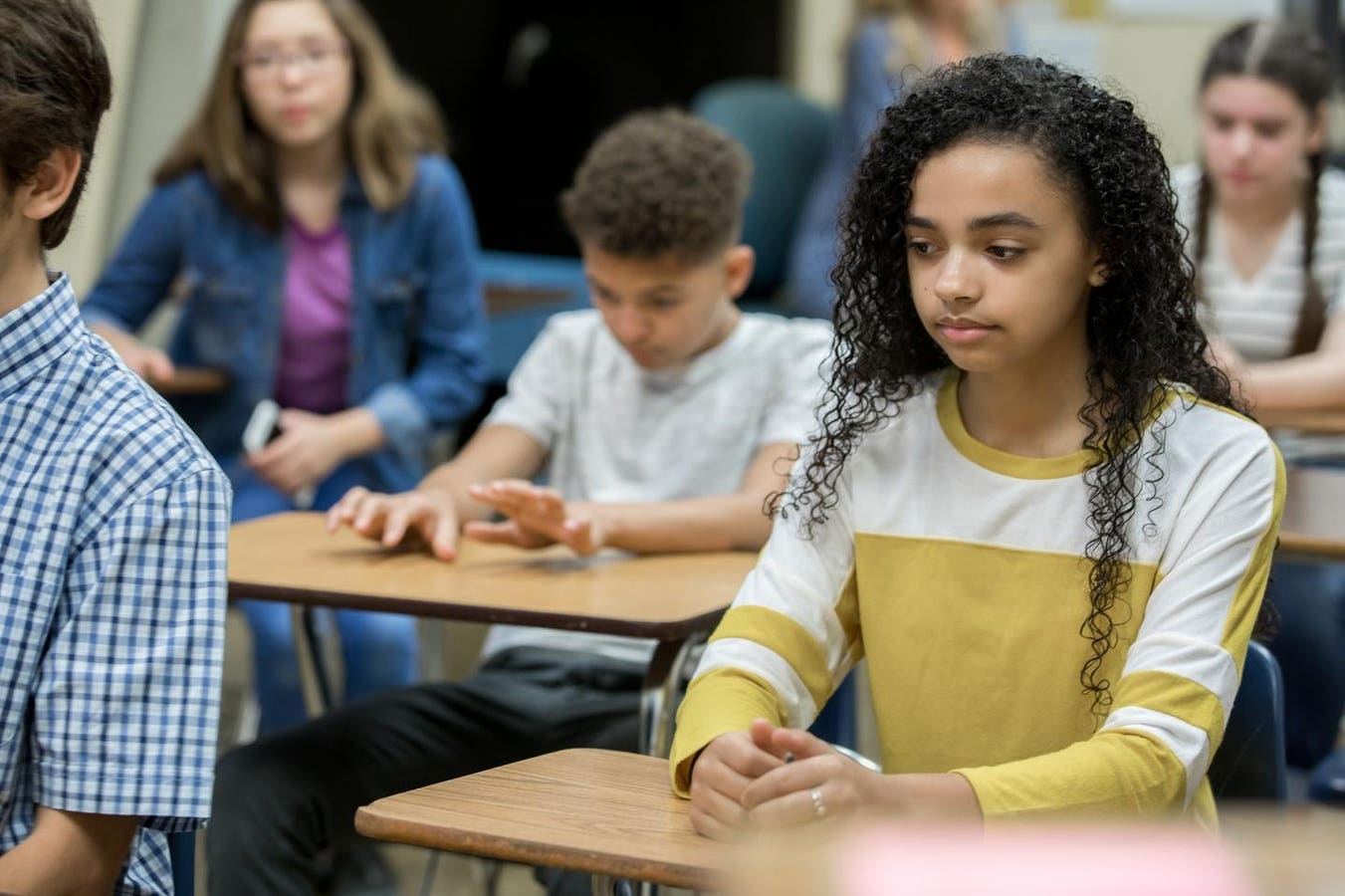Getting suspended from schools puts children’s health at risk as well as damaging their grades, according to the authors of a new study into the impact of school exclusion.
Exclusions should be put in the same category as traumatic events which put children at greater risk of illnesses such as diabetes and asthma, as well as causing mental illness, the researchers say.
And they are calling for pediatricians to intervene to urge schools to adopt a less punitive approach to managing children’s behavior.
Being suspended from school is linked to a large drop in a student’s grade point average (GPA), particularly for Black and Latinx students, according to a study by researchers at the University of California San Francisco.
Black students who were suspended or removed from the classroom – an exclusionary school discipline (ESD) event – saw an average drop of 1.44 in their GPA, while Latinx students’ GPA dropped by 1.39 on average and American Indian and Alaska Native students by 1.33.
The average across all students who were suspended was 0.88, after the researchers controlled for other factors including ethnicity, maternal education, age and gender.
Black students were 10 times more likely to be removed from the classroom or suspended than their white classmates, while Latinx students were three times more likely, according to the study, which looked at data covering almost 17,000 children in grades six to 10 in a large urban California school district.
In England, children of Black Caribbean and mixed white and Black Caribbean heritage have well-above average rates of suspension from school, almost twice the overall average in the case of the latter.
“ESDs hurt all those who experience them, but they drastically hurt those from minoritized groups, and particularly Black and Latine communities,” said Meghan D. Morris, associate professor in epidemiology and biostatistics and senior author of the study, published in JAMA Network Open, an open access journal of the American Medical Association.
“These events are another way of reinforcing the systems of racism that already occur within the classroom and the school environment and the community environment more broadly.”
ESDs reflect embedded racism and should be considered as adverse childhood experiences (ACEs), traumatic events which have an impact on children’s development, according to Camila Cribb Fabersunne, co-author of the study and assistant professor of pediatrics at UCSF.
Examples of ACEs include physical and sexual abuse, exposure to domestic violence, living with someone who abuses drugs or alcohol or who has a mental illness, and losing a parent.
These put students at greater risk of suffering from chronic illnesses such as diabetes and asthma, as well as mental illness, said Cribb Fabersunne.
“These children are experiencing discrimination in how school discipline is applied,” she said.
“When students are subject to trauma in a place that should be a sanctuary – a place where they think they will be safe from racism and the adults will support them – it impacts them in a profound way.”
Students who are suspended from school are more likely to truant and also be excluded by their peers, the study’s authors wrote, as well as end up in prison. Previous studies have also shown that classroom exclusions are linked to more disruptions not less, they said.
Lower grades may also narrow the opportunities available to students in adulthood, researchers added, helping to perpetuate disadvantage.
Cribb Fabersunne said pediatricians should screen for ESDs during health checks in the same way they screen for learning difficulties, and intervene if necessary.
“Pediatricians should call the school and ask the assistant principal why the disciplinary action was taken,” she said. “They should explain that the student’s behavior may reflect difficult things going on outside of school, and that practices like restorative justice and mindfulness are more effective responses.
“These disciplinary practices are widespread and hurt our patients, and that is going to harm their health,” she added.
Read the full article here





